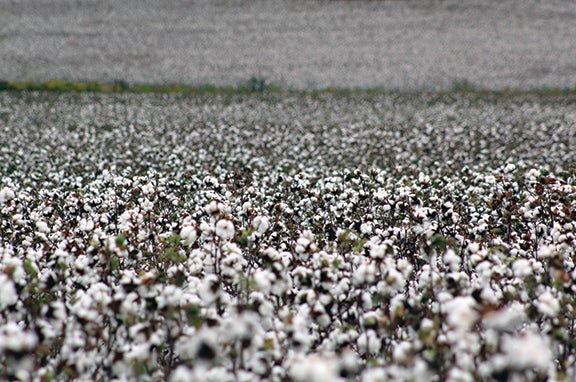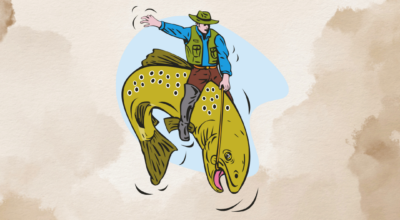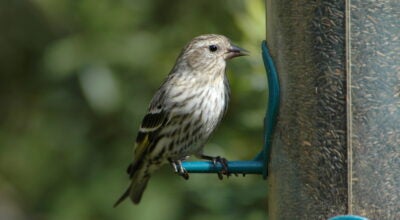Harvest time is here
Published 3:38 pm Tuesday, October 9, 2018

- Cotton fields like the one pictured above may take a beating depending on the intensity of wind and rain caused by Hurricane Michael. It is unclear as of press time just how much damage the hurricane may cause, but farmers were on Monday and Tuesday hurriedly trying to finish picking peanuts that had already been dug.
No matter what Mother Nature says
If you had asked any farmer last weekend how the harvest was progressing, you’d see few frowns.
“We’ll be done with peanuts in the next two weeks,” farmer Keith Moore said last week. That was the day before news came that Tropical Storm Michael would turn into a hurricane that threatens to drench South Georgia and batter it with winds up to 80 mph.
Today, farmers are working overtime – and then some – trying to pick every peanut off every field that has been turned.
“Any peanuts that are lying on the field need to be picked before the rain comes,” said Josh Grant, an agent with the UGA Cooperative Extension Service’s Crisp County office.
“As far as the peanut harvest goes,” Grant said,” the rains are going to be the biggest issue.”
For peanut fields that have not yet been dug, or turned (the last step before picking), Grant said the best thing to do once the rains come is to let those peanut fields stay unturned.
“If we only get an inch to an inch and a half of rain, we can manage that situation. Peanuts that haven’t yet been dug shouldn’t be unless they are already seriously damaged,” Grant said.
Five or more inches of rain would put peanut producers in a tough position, not just in terms of timing, but also yield and quality.
For farmers ready to pick cotton, rainstorms may not even be the biggest problem. It could be the wind.
“We’ll probably see a lot of bolls come off plants, and we might even see some plants overturned altogether,” Grant said. “Fields that haven’t been defoliated will likely see the most damage from the wind.”
Grant explained that more vegetation on a plant means there is more material that can whip around in the wind and damage bolls. He also pointed out that high winds can be catastrophic for pecan producers, too.
Some farmers, like Moore, may be slightly ahead of the game, but thousands of acres in Crisp County alone are sitting ducks waiting to see how hard Hurricane Michael hits.
“We’ve picked a little cotton,” Moore said last week. “Some dryland cotton is looking better than normal, and our irrigated cotton is looking pretty much the same as we’ve seen in the last few years.”
Just how well things look after Hurricane Michael comes through town is anybody’s guess.





